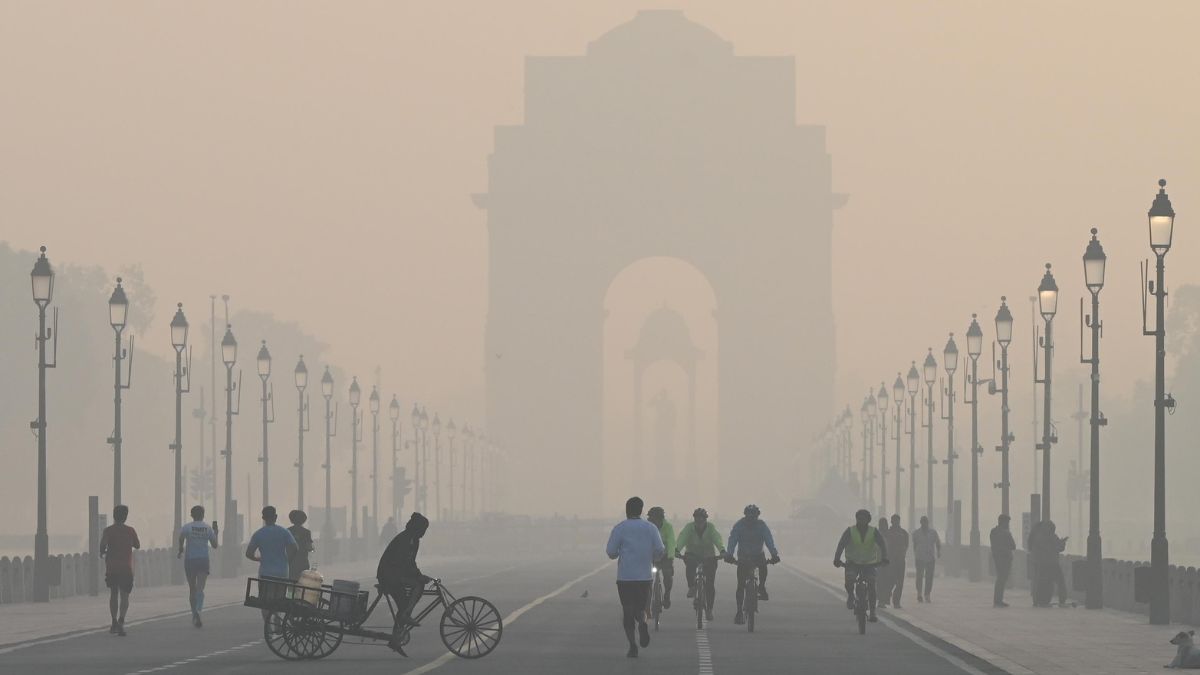Our environmental legal regime is riddled with loopholes. For instance, a layman or a victim cannot directly sue a culprit for alleged mental, physical, or monetary losses in an environmental court; the Directorate of Environment is the only suing authority. However, individuals can invoke Article 102 of the Constitution through a writ petition. Unfortunately, some people cannot establish their legal standing (person aggrieved status) in such cases, leaving them with few remedies.
The landmark 2019 High Court judgment, delivered by a joint bench headed by Justice Moinul Islam and Ashraful Kamal, granted our rivers legal personhood—a decision that holds the potential to transform their plight. The National River Conservation Commission (NRCC) has been entrusted as the legal representative of our rivers for cases involving encroachment, pollution, or similar violations, effectively addressing the question of legal standing. This judgment includes 17 directives for the relevant authorities, particularly the NRCC and the government.
Draft NRCC Bill Awaits Enactment
A new draft NRCC bill has been finalized in accordance with these directives and awaits enactment. However, with the dissolution of parliament and the electoral process yet to commence, the president’s ordinance-making power stands as the only viable option to transform the draft into law.
The judgment also proposes the establishment of a specialized court for rivers—an unprecedented initiative in legal history. If implemented as outlined in the draft NRCC bill, Bangladesh would pioneer independent river courts in the global legal framework. While New Zealand first recognized the legal personhood of a river through a parliamentary bill, Bangladesh might become the first country to establish dedicated courts for rivers.
Yet, progress has been hampered. Finalized in 2021, the draft bill fell victim to bureaucratic delays, stalling the realization of this landmark judgment’s potential. Section 84 of the draft bill outlines the operational framework for River Courts, which are to be attached to divisional NRCC offices. Under section 16, the draft recognizes rivers as public property under the Public Trust Doctrine.
Section 84 further empowers River Conservation Courts to take necessary actions against illegal activities affecting rivers, including pollution and encroachment. These courts will include three assessors to evaluate damages inflicted upon rivers, ensuring comprehensive and informed decisions.
Public Property, Legal Personhood, and Justice
Apart from the NRCC, the Directorate of Environment, BIWTA, and the Deputy Commissioner (DC), acting on behalf of public property, can also file cases before the court. Additionally, the NRCC has the authority to delegate its power to others for filing cases. The draft bill adopts the precautionary principle and the polluter pays principle as guiding frameworks for the court in assessing the issues presented before it. This inclusion is groundbreaking, as no other country’s legislation has yet established these principles as guiding tenets.
However, these provisions remain theoretical until the draft is enacted as law and the River Conservation Court becomes a reality. The River Conservation Court represents the only viable mechanism for the NRCC to hold culprits accountable. Beyond its procedural operations, the court can accept media evidence, such as videos and news reports, as admissible evidence.
The government, being obligated to establish the court, would enable it to assist our rivers in at least two significant ways. First, the court can mandate compensation from violators. Second, it can aid in the remediation of damaged rivers.
With their designation as public property and their recently acquired legal personhood, rivers now hold the right to seek justice. Only the River Conservation Court can translate this vision into action.




